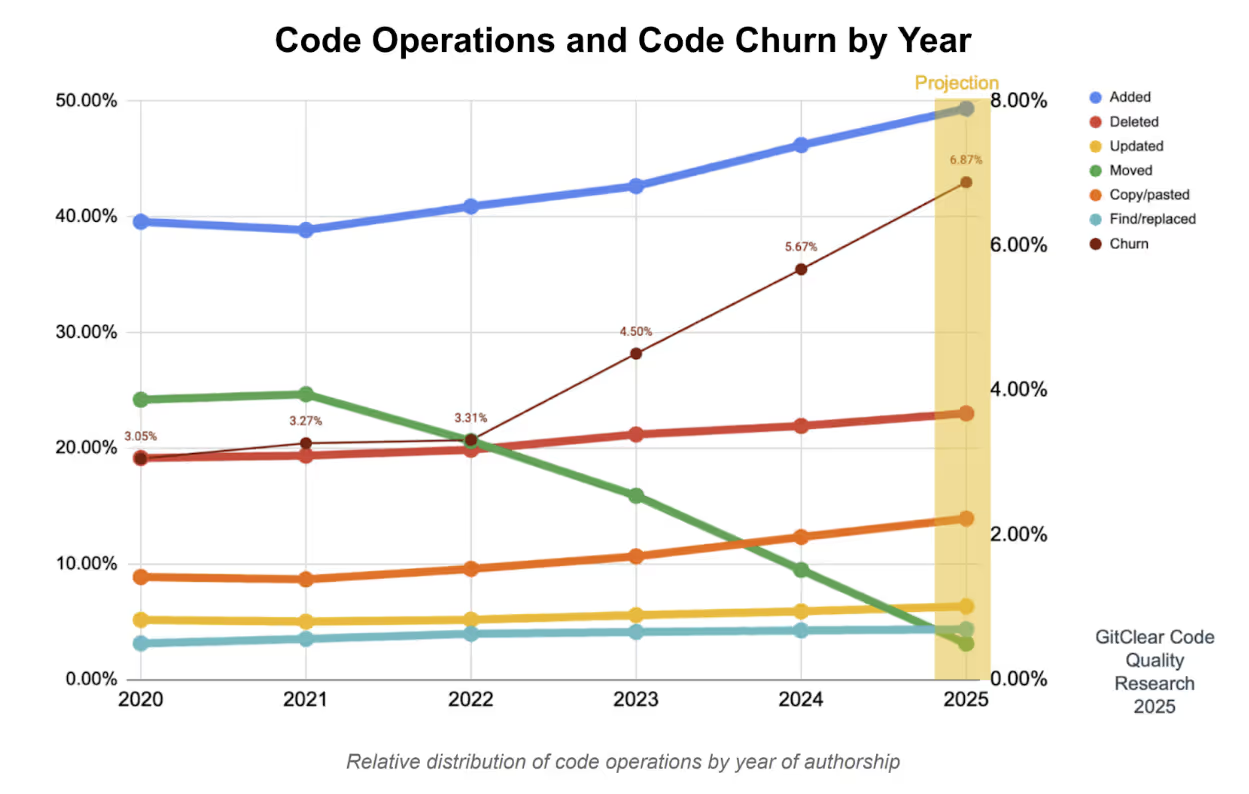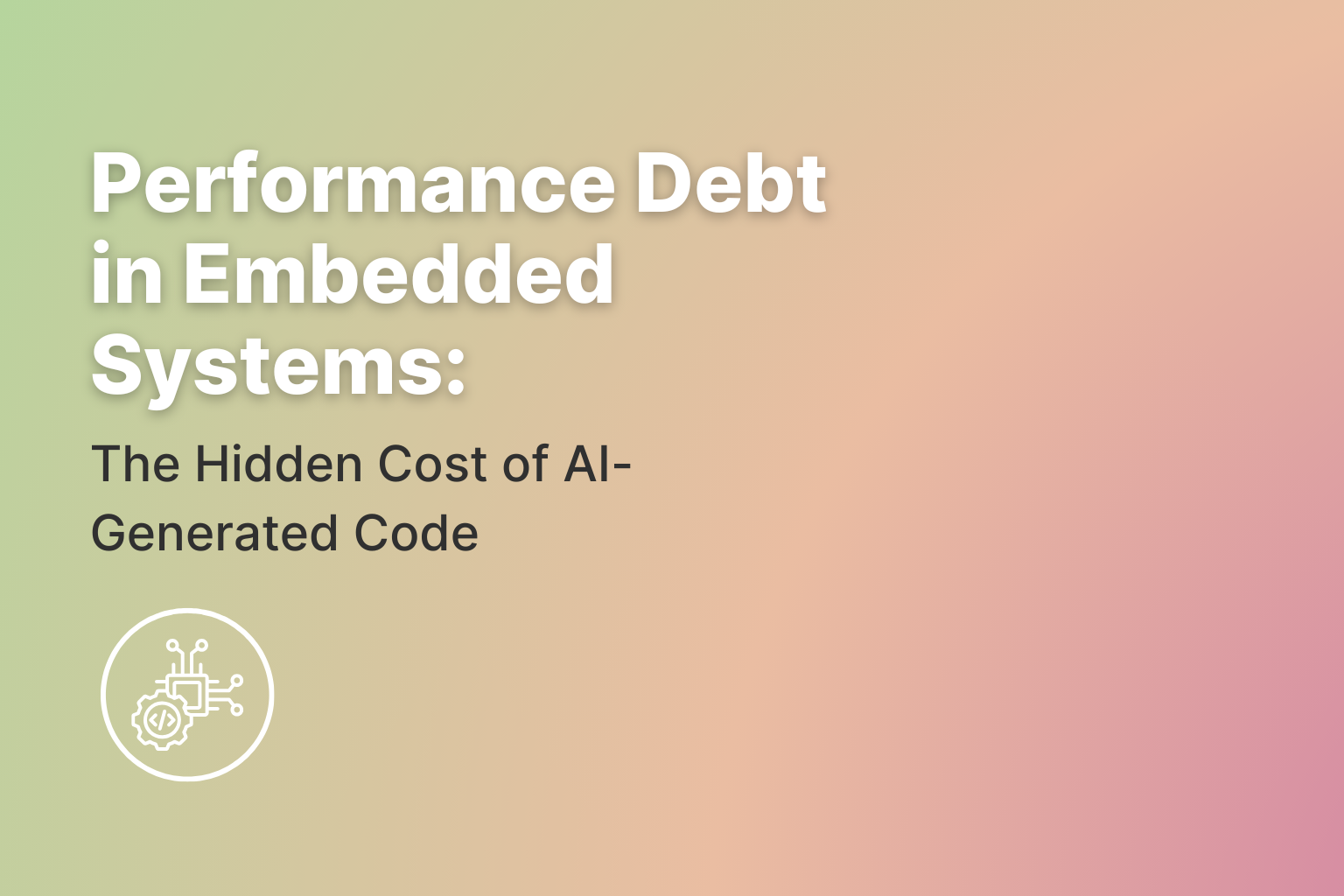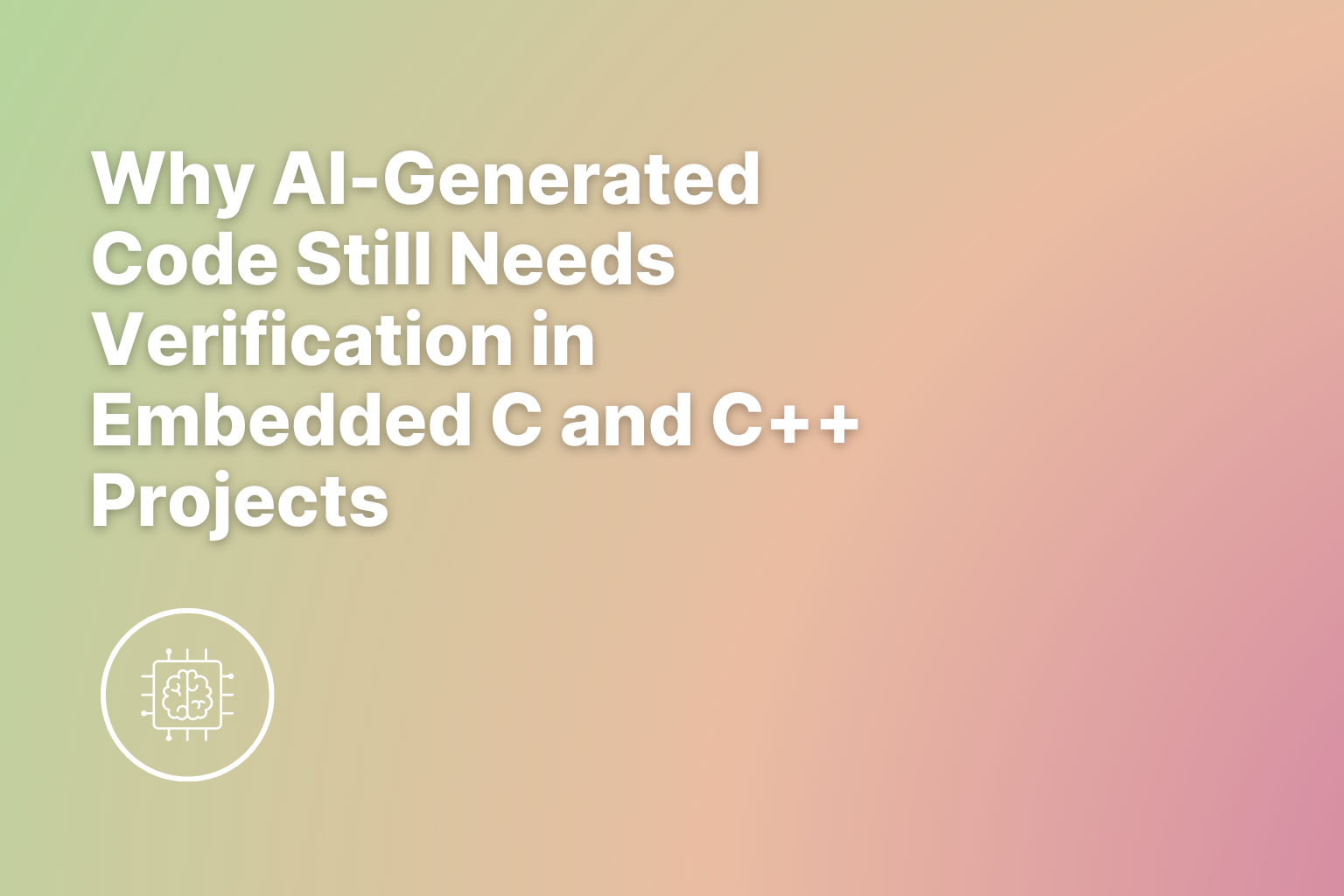Can AI Write Code? Understanding the Quality Challenge
It’s no secret: everyone is talking about AI these days. While AI has entered our personal lives, it has also become part of our professional lives as developers.
Popular AI Code Generation Tools
Several tools have emerged to reduce software development time, including GitHub Copilot, Codeium, and CodeGPT.
Some of these tools are even used by members of the WedoLow team (hey, Copilot!). Since development time is the most critical variable in embedded software development, developers appreciate these kinds of tools and are increasingly adopting them.
Benefits and Limitations of AI in Coding
But can these tools generate performant and efficient code? That’s exactly what we’ll explore in this deep dive.

AI Adoption Among Developers: Trends and Statistics
Do you already use AI-assisted code generation tools?
Developer Survey Insights
According to Stack Overflow’s 2024 Developer Survey, 63.2% of the more than 46,000 professional developers surveyed report using such tools — and that’s already the case for some developers at WedoLow.
Productivity vs Quality Trade-offs
But while these solutions offer significant productivity gains and allow more code to be produced, they also raise questions about the performance and quality of the generated code.
Code Quality Challenges in AI-Generated Code
At WedoLow, our expertise focuses on code performance. With that in mind, we analyze the contributions of AI-based code generation tools. But it is just as important to assess another dimension: the quality of the code produced.
Measuring Code Churn
A study by GitClear highlights a concerning trend: the use of these tools appears correlated with a decline in code quality. Specifically, the study measured the evolution of “code churn,” i.e., the percentage of lines of code revised or modified within two weeks of their creation. This rate increased by 26% in just one year, with a notable acceleration of the trend, along with a rise in copy-paste practices.

Balancing Time Savings and Performance
These indicators raise important questions about the true productivity gains offered by these tools.
Where AI Excels
At WedoLow, we believe AI-based solutions can indeed speed up certain simple tasks or the initial drafting phase, but they are not suited for producing high-performance code.
Limitations in High-Performance Code
Developers must therefore remain vigilant and constantly evaluate the quality and efficiency of AI-generated code.
But what about performance — the core of our expertise at WedoLow? How can it be measured? Can AI-generated code truly meet the requirements of embedded systems?
Testing AI-Generated Code in Embedded Systems
We propose a live experiment under real-world conditions.
Experiment Design
The idea is simple:
- Use an AI-based code generation tool to design and generate code for a specific feature. For example, asking it to create a signal processing filter in C or C++, to be executed on a specific processor.
- On our side, we will prepare a test bench capable of reading input data, executing the filter, producing the output, and storing it — all on the targeted hardware platform.
- We will then run a full code analysis with our beLow-Explore product to measure the performance debt of the generated code.
Who knows — we might even be pleasantly surprised!


.svg)





.svg)